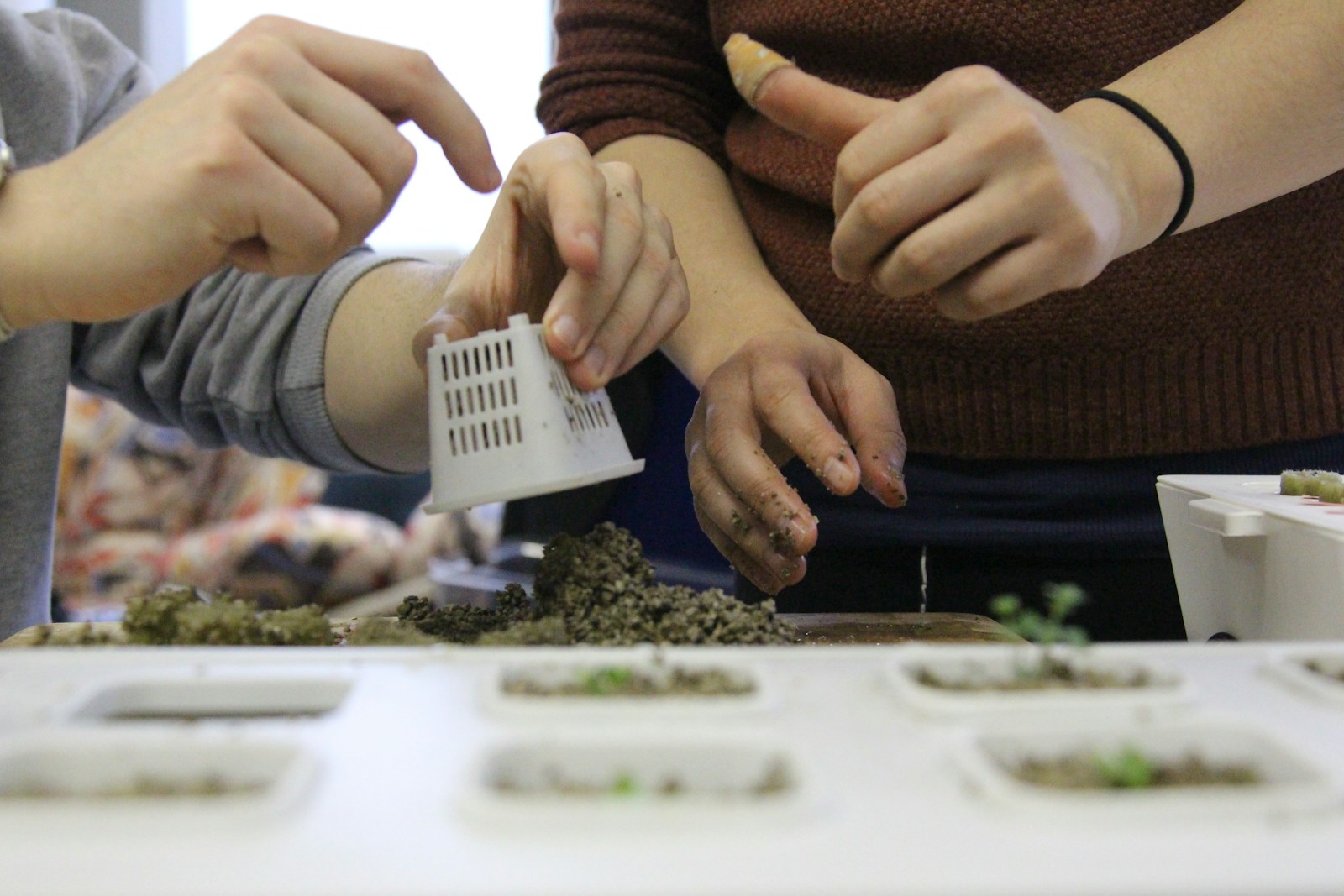Whether you’re an avid gardener or a curious student, hydroponics offers an exciting twist on plant growth experiments. Instead of relying on traditional soil methods, hydroponics allows you to cultivate plants in nutrient solutions, with or without the added support of an inert medium like coconut coir or perlite. With the increasing emphasis on sustainable and space-saving farming practices, these science fair projects will not only delve into interesting scientific questions but also catch a glimpse of the future of agriculture.
One project that could draw some interest revolves around comparing the growth rates of plants in an NFT hydroponic system versus traditional soil. Fascinatingly, you can grow identical plants in both conditions and measure variables like height, leaf size, and overall health over time. To setup the experiment, you’ll need seeds, soil, a simple NFT system, and a keen eye for recording changes. Regular measurements over a specified period will offer an interesting insight into how differently the plants grow in these contrasting conditions.
In the world of hydroponics, it’s all about the nutrients. Another unique project would be to investigate how different nutrient solution concentrations affect plant growth. The concentration of primary nutrients such as Nitrogen, Phosphorus, and Potassium, as well as secondary nutrients can be varied. The effect of these nutrients on plant health and growth can be measured over time. This project requires an understanding of nutrient requirements for plants, which can be developed using sources like the one from Atlas Scientific.
Furthermore, the influence of pH levels in an NFT hydroponic system cannot be understated. Just like traditional soil, creating a balance of acidity and alkalinity is crucial for the plants. Researchers have suggested that the ideal pH for most plant species falls between 5.8 and 6.5. The project could explore what happens outside of this range as well as within. Regular checks of pH levels in the nutrient solution will lead to valuable insights into nutrient deficiencies and other plant health issues.
Next, the impact of environmental temperatures on plant growth in a hydroponic system could provide rich learning experiences as well. While the essence of hydroponics enables indoor farming, room or greenhouse temperatures could still impact the overall growth of the plants. By varying surrounding temperatures while other conditions remain constant, this project can gauge the heat tolerance of the plants, mirroring the impacts of global warming on agriculture.
Lastly, the use of recycled materials in building a hydroponic system is not only budget-friendly but also a nod towards sustainable practices. Instead of purchasing a high-end, commercial setup, you can utilize recycled materials like plastic containers or PVC pipes to craft a simple yet functional hydroponic system. The objective is not just to design and build, but also to measure its effectiveness in growing plants compared to commercially available systems.
With a variety of topics to explore around hydroponics, aspiring student scientists are sure to find a project that not only meets their school science fair criteria but also sparks their personal interest. Hydroponics offers a great medium to study plant growth, delivering scientific understanding in a potentially future-proof context. Who knows, this could be the first step towards a passion for sustainable farming!

